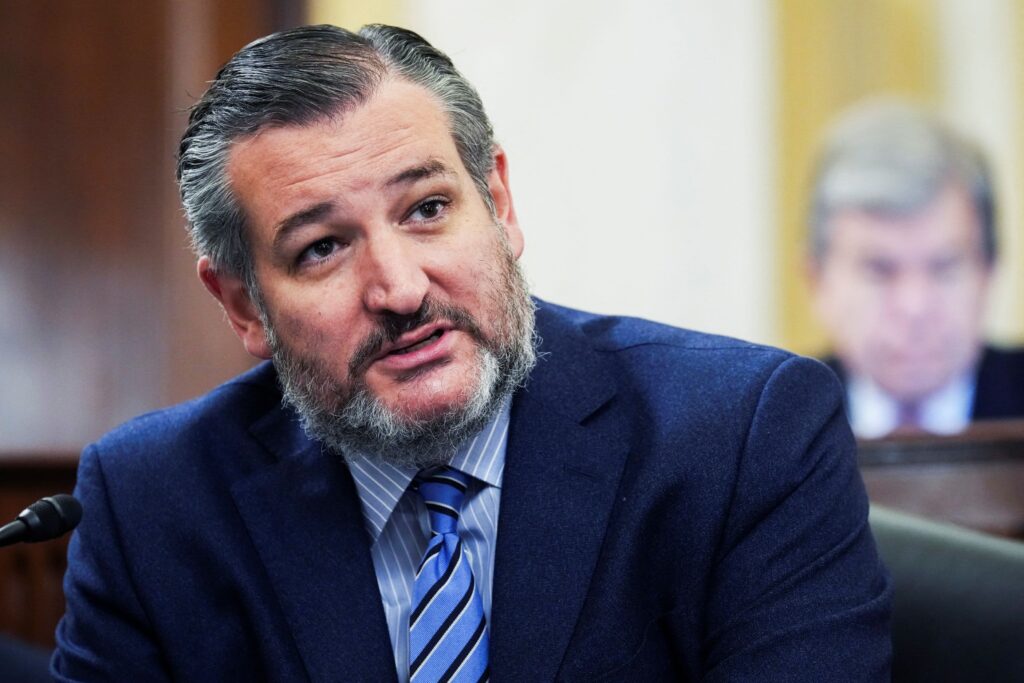The Senate Judiciary Committee last week approved another measure designed to keep Big Tech in line. The Journalism Competition and Preservation Act (JCPA), approved with bipartisan support from Senators Amy Klobuchar (D-MN) and John Kennedy (R-LA), would require Big Tech companies like Google and Meta to pay for content produced by small, local, and independent news publishers.
“Tech Goliaths like Facebook and Google are strangling smaller conservative publications by keeping them from making a profit on online platforms,” argued Senator Kennedy. “This bill bars Big Tech firms from throttling, filtering, suppressing, or curating online content while providing local news outlets with a fair playing field to negotiate against these censorship giants.”
The bill won immediate support from conservative media outlets like The Washington Times, Newsmax, and The Daily Caller.
As reported by The New York Times, over 350 newspapers have closed since the start of the COVID-19 pandemic. A decline in advertising revenue is largely to blame, notes the Times, as sites like Facebook and Google reap billions of dollars in advertising revenue while failing to pay news outlets for the profits made from aggregating content.
With a vote of 11-10, the Senate Judiciary Committee included in the JCPA an amendment authored by Texas Senator Ted Cruz (R) that would bar tech companies and news outlets from collectively bargaining on efforts to censor content.
The JCPA allows news organizations to collectively bargain with tech companies and Cruz’s amendment would only apply in situations when someone mentions content moderation during joint negotiations.
“I think this is a significant amendment. I think this amendment protects against this antitrust liability being used as a shield for censorship,” said Cruz. “Big Tech hates this bill – that to me is a strong positive for supporting it. Moreover, if this amendment is adopted, this will be the first meaningful consequence for, and protection against, censorship based on viewpoint and content in the Big Tech space. That’s a big deal.”
Senator Klobuchar, who co-authored the JCPA, expressed concerns that Big Tech companies would take advantage of Cruz’s caveat by discussing content moderation to end joint negotiations as soon as they start.
Others oppose the legislation as a whole in fear it would entice large corporations like Google to purchase more publishers, lay off more employees, and replace relevant news with clickbait.
Cruz himself described the adoption of his amendment as a “huge victory for the First Amendment” but also a “case study in how much the Democrats love censorship. They would rather pull their bill entirely than advance it with my proposed protections for Americans from unfair online censorship.”
According to Klobuchar, the inclusion of Cruz’s amendment risks losing all Democratic support for the bill.
The adoption of Cruz’s amendment to the bill comes less than a month after GOP Senators Chuck Grassley (IA) and Ron Johnson (WI) requested information from Facebook CEO Mark Zuckerberg regarding his sites’ censorship of the Hunter Biden laptop story in 2020. Apparently, the decision to censor the article came after the FBI warned Facebook to be vigilant for a Russian disinformation campaign (read more here).
Not surprisingly, Mr. Zuckerberg was recently found to have utilized tax-exempt 501(c)(3) organizations to send nearly $500 million of his personal funds directly to election agencies in Democrat-majority jurisdictions during the 2020 election cycle.
The new law would also apply to search engines like Google, which has been proven to produce partisan results in favor of Democrats. As I wrote in July, the spam filtering algorithm used by Google’s Gmail was found to block a majority of Republican fundraising emails (read more here). According to a study conducted at North Carolina University, this algorithm has cost GOP candidates over $2 billion in donations since 2019.
At this time, there is no companion bill to the JCPA in the House.
Sources:
Senator Cruz Leads Efforts to Protect Publishers
Ted Cruz blows up Congress’ plan to save journalism by making Big Tech pay up
